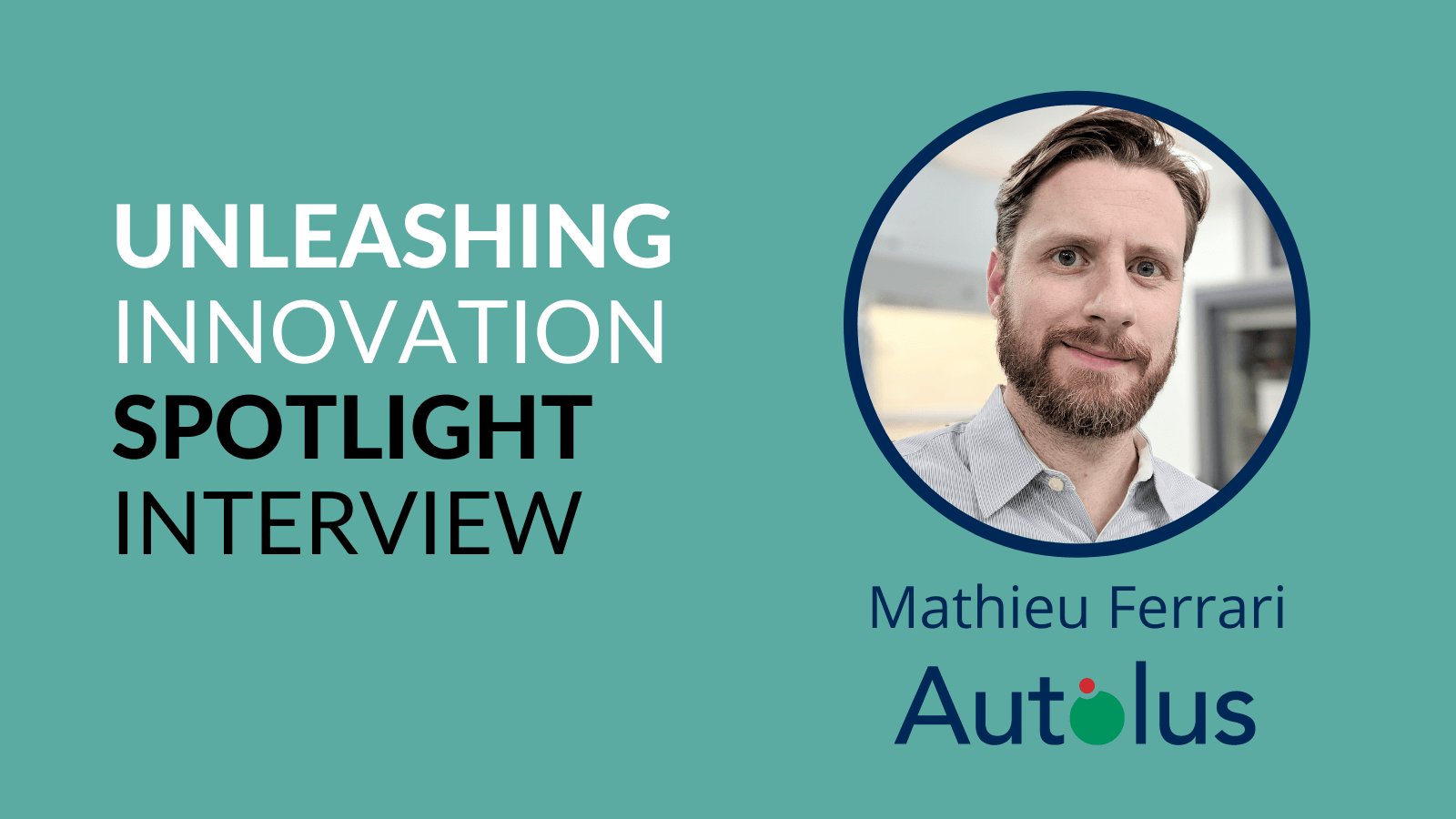
Unleashing Innovation spotlight: Autolus
Our recent Unleashing Innovation report highlighted how the health and life sciences ecosystem across the UK has reacted rapidly to the challenge of tackling the COVID-19 outbreak, and shared some of the world-leading science taking place across London. This month, we’re shining a spotlight on one of the projects we highlighted – that of Autolus Therapeutics.
Autolus is a biopharmaceutical company, spun out from UCL in 2014, developing next-generation programmed T-Cell therapies for the treatment of cancer. T-cell therapy is a form of immunotherapy that uses specially altered T cells (a part of the immune system) to fight cancer. The treatment involves extracting T cells from a patient, genetically altering them to better target a particular cancer, and then returning them to the body.
Drawing on its experience of rapidly progressing clinical testing in critically ill patients, Autolus were quick to join the fight against COVID-19 by setting up a dedicated research team, working on therapies that can be used to treat patients with the virus. Their approach works by blocking entry of the virus into cells, but, unlike other therapies, is less prone to the escape mechanisms that may occur through viral mutation.
We spoke to Mathieu Ferrari, Associate Director of Binder Discovery at Autolus, who is leading the research team. He explains:
“The research began with the desire for us to help in these trying times and to generate research that will not only help in the context of this pandemic, but that may also be useful should we encounter different viral challenges in the future. We’ve been able to accelerate development of this project through a concerted effort from a small team of very dedicated individuals. This is clearly a necessity as events around the virus are ever-evolving and require quick thinking and nimble research to stay relevant.”
The team are ensuring that they do stay relevant through working closely with partners in academia, in particular drawing on their deep connections with UCL, and including using connections made through MedCity:
“Links through MedCity have enabled us to stay abreast of the research activities in the area. Being plugged into this network has been beneficial to enable us to contact others, including potential collaborators, working in the field.”
Through several years working in the cancer research field, the team also have established international connections which they have been able to leverage. They credit this with being able to access some of the latest research activities and tools to help them accelerate their work.
The team have now developed a lead candidate, which they have shown is highly effective at preventing viral propagation in laboratory conditions. They are currently planning their move to human studies, to begin in the New Year. Mathieu is confident they will be able to demonstrate a low-risk and minimally impacting therapy that could be applied to both COVID-19 and related infections:
“Our next plans are to look at how broadly applicable our approach is not only for COVID-19 but for other viruses, so that we can provide protection in the event of future pandemics.”
Mathieu Ferrari is the Associate Director of Binder Discovery at Autolus, leading the protein engineering and biophysical characterisation group. With a long-lasting interest in advanced therapy innovations in oncology and autoimmune disorders, he has focused his research on the development of novel CAR-T and antibody-based therapeutics. He has recently applied his expertise on protein engineering and deep biophysical analysis to the generation of novel therapeutic approaches to tackle the COVID-19 pandemic.